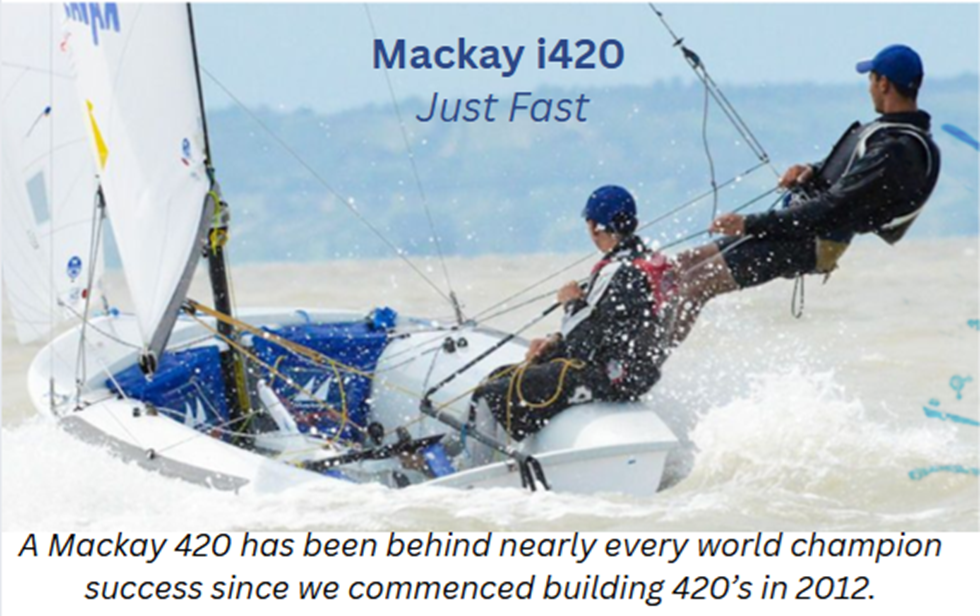

Summer Plan- Sitting down at the beginning of the season with the whole staff and talking about the summer is a good place to start. As a group, discussing ideas, goals, plans, what has worked, what hasn’t worked, anything you can think of, is a great way to begin this planning process. What do you want to get out of the summer? What are your personal and professional goals? How can we make this the best summer on the water possible? Answering these, and other questions, provides a foundation for how the plan can be formulated.
Splitting off into smaller groups by classes and age groups (assuming your program director/head instructor has designated who is going where) you can start to have the discussion about where you want your classes to be at the end of the summer. What do you want them to ultimately be able to do by the time they leave the yacht club? Here we are generating a general idea or set of skills that we absolutely want the kids to know.
Session Plan- This can be similar to the summer plan if your club runs an 8 week program, or it can be a smaller sub set of the summer plan if you are on any other variation of 1-4 weeks. Because many clubs have a 2-4 week session with only some of the sailors returning for a second session, it can be beneficial to establish session goals as well. How much do we think we can teach them in a 2-4 week span? Depending on the age group and ability level this can vary. How can our 2-4 week goals help achieve our full summer goals? Once we have this established we can work backwards into our weekly plans.
Weekly Plan- Weekly plans are effective when they focus around a skill set that helps to work towards the session goal. An example could be Week 1: Sailing upwind towards a destination. These weekly mini-goals will then help you structure your daily lesson plans, as well as give the kids a theme for the week so they know what to expect. Working backwards off the weekly plan, if I know that by the end of the week I need to have my advanced beginner class sailing upwind to a mark, I can plan my 4 classes out for the whole week.
Daily Plan- Breaking down your weekly plan even further, your daily plan should have an end goal or theme. With beginner Optis it could be as simple as to get everyone some tiller time, or with your intermediate class it could be to get everyone sailing around a course. Either way, the goal for the day should be a step towards your weekly plan, as well as provide a good reference for the drills you plan on using to accomplish the goal. Having a plan, or an outline of a plan, before going out on the water saves you from having to deal with 15 rowdy middle school kids with nothing for them to do. A tip with daily plans, always plan more drills than you think you have time. Having to cut something off the back end of practice because you run out of time is better than running out of ideas with 45 minutes left.
Plan, plan, plan- Making all of these outlines and plans takes time. It takes time at the beginning of the summer, the session, the week, the day. You may feel in the first couple weeks of summer that it’s useless and you know exactly what you want to do. But as soon as August rolls around and you have the phrase “Tiller towards trouble!” forever engrained in your head, you’ll be thankful for that piece of paper in your binder with a lesson plan ready to go.
As always, Coaches Corner is brought to you from the desk of Tyler Colvin. If you have any questions about topics written, or would like to see an article written, please email him at [email protected].



